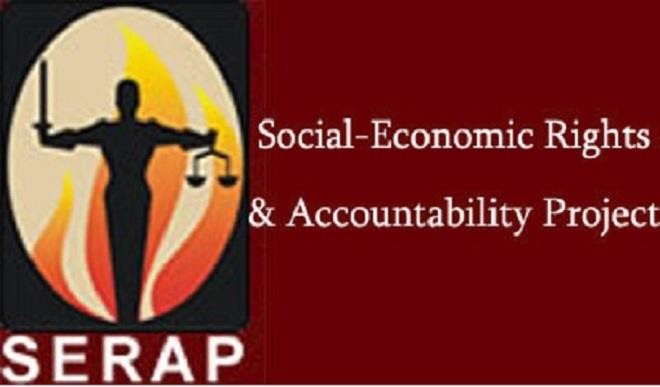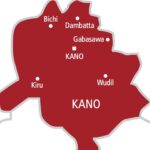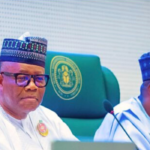The Socio-Economic Rights and Accountability Project (SERAP) has sent an urgent appeal to two UN special rapporteurs urging them to “prevail upon the government of President Muhammadu Buhari and the leadership of Academic Staff Union of Universities (ASUU) to reach an agreement to end the ongoing strike action by ASUU.
The ASUU strike has continued to have real and dire consequences on the right to higher education, specifically university education, as guaranteed by the International Covenant on Economic, Social and Cultural Rights, to which Nigeria is a state party.
In the appeal dated December 28, 2018 and signed by SERAP senior legal adviser, Bamisope Adeyanju, the group said that by failing to prevent and end the ongoing strike action by ASUU, the Federal Government of Nigeria (FGN) has defied and breached the explicit requirements of the right to equal access to higher education by Nigerian children and young people, under article 13(2)(c) of the International Covenant on Economic, Social and Cultural Rights.
SERAP in the appeal sent to Ms. Koumbou Boly Barry, Special Rapporteur on the right to education and Professor Philip Alston, Special Rapporteur on extreme poverty and human rights said that the failure by the Nigerian government to reach an agreement with ASUU has also implicitly made access to higher education a privilege of the rich and well-to-do rather than a right of every Nigerian child and young person, as students in private schools continue to attend classes while those in public universities stay at home.
According to SERAP, “The failure to end the ongoing strike action by ASUU is also a fundamental breach of the right to higher education without discrimination or exclusion, as strike actions continue to penalise economically disadvantaged parents who have no means or lack the capacity to pay to send their children to private schools.
“It is the responsibility of the government to preserve and strengthen education as a public good and a matter of public interest. Without the urgent intervention of the Special Rapporteurs, the ongoing strike action by ASUU would continue and this would continue to impede access to university education for the poor and marginalized.”
SERAP said that it is concerned that Nigerian students in public universities have suffered many years of academic disruption as a result of the failure of successive Nigerian governments to address the root causes of strike action by ASUU.
SERAP therefore urged the Special Rapporteurs to put pressure on the FG take immediate action to end the deadlock in negotiations with ASUU and reach amicable settlement that would ensure the following:
that the universities are reopened without further delay and that students return to school;
Increase funding and improve investments in infrastructure and innovation for public universities;
Invest the most in those whose access to education is the most hampered;
Declare education as an essential service in Nigeria to minimise the negative impact of strike action on the right to higher education, including university education.

 Join Daily Trust WhatsApp Community For Quick Access To News and Happenings Around You.
Join Daily Trust WhatsApp Community For Quick Access To News and Happenings Around You.


